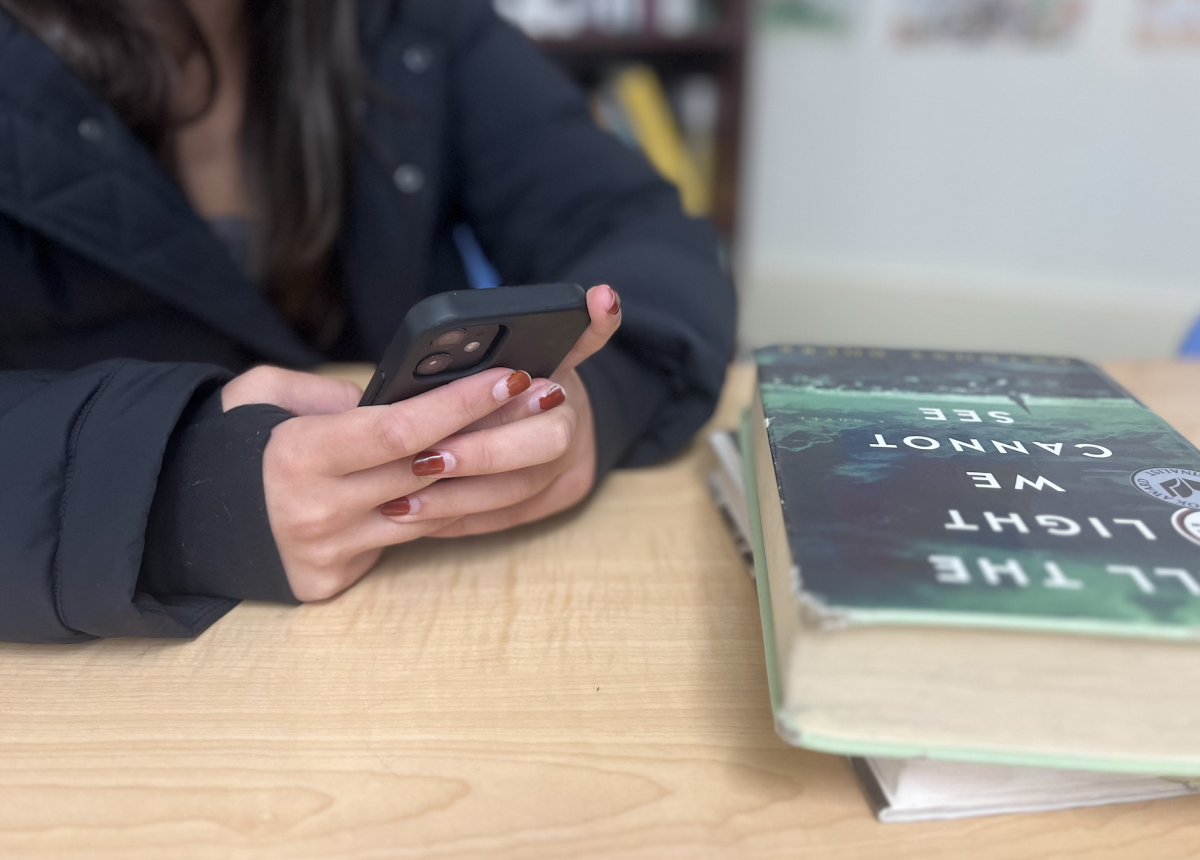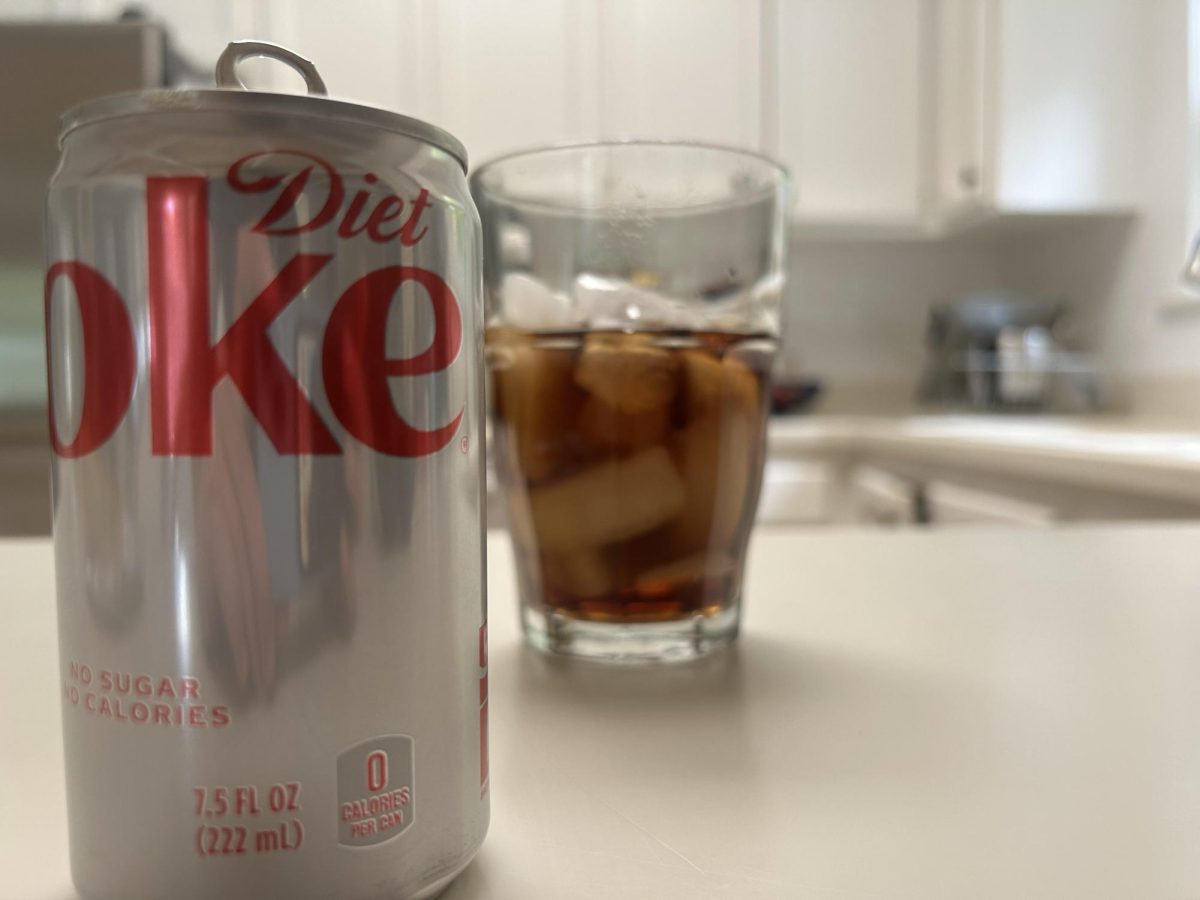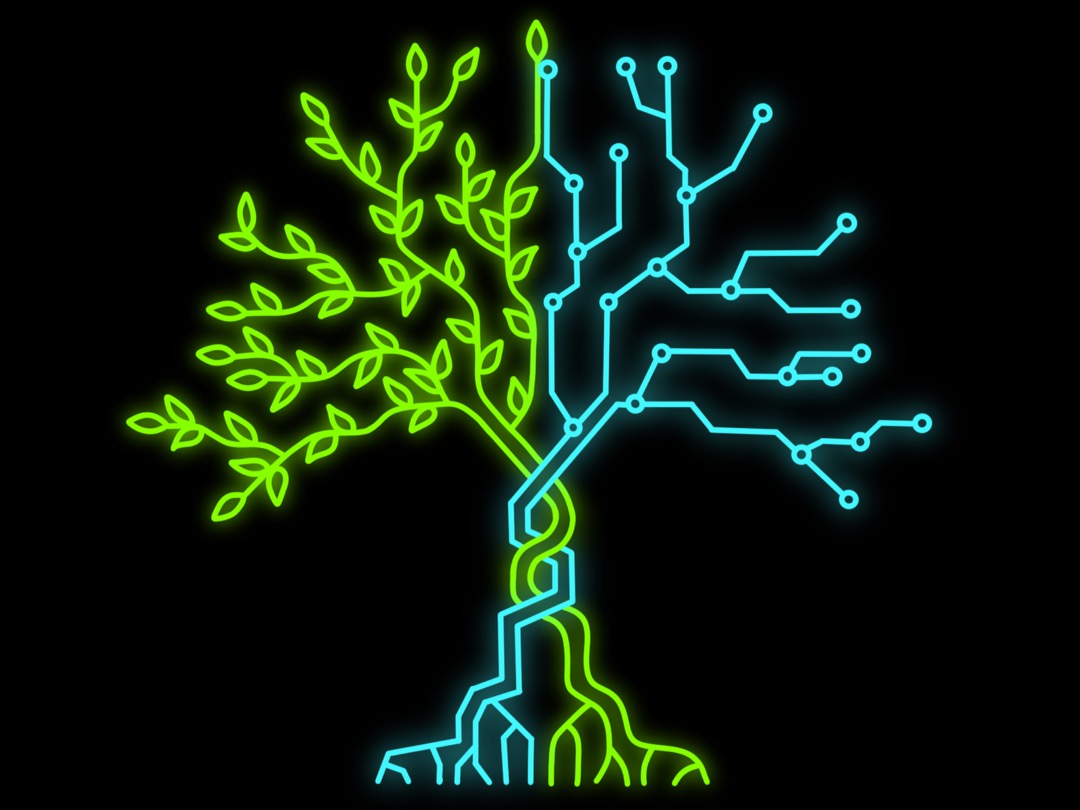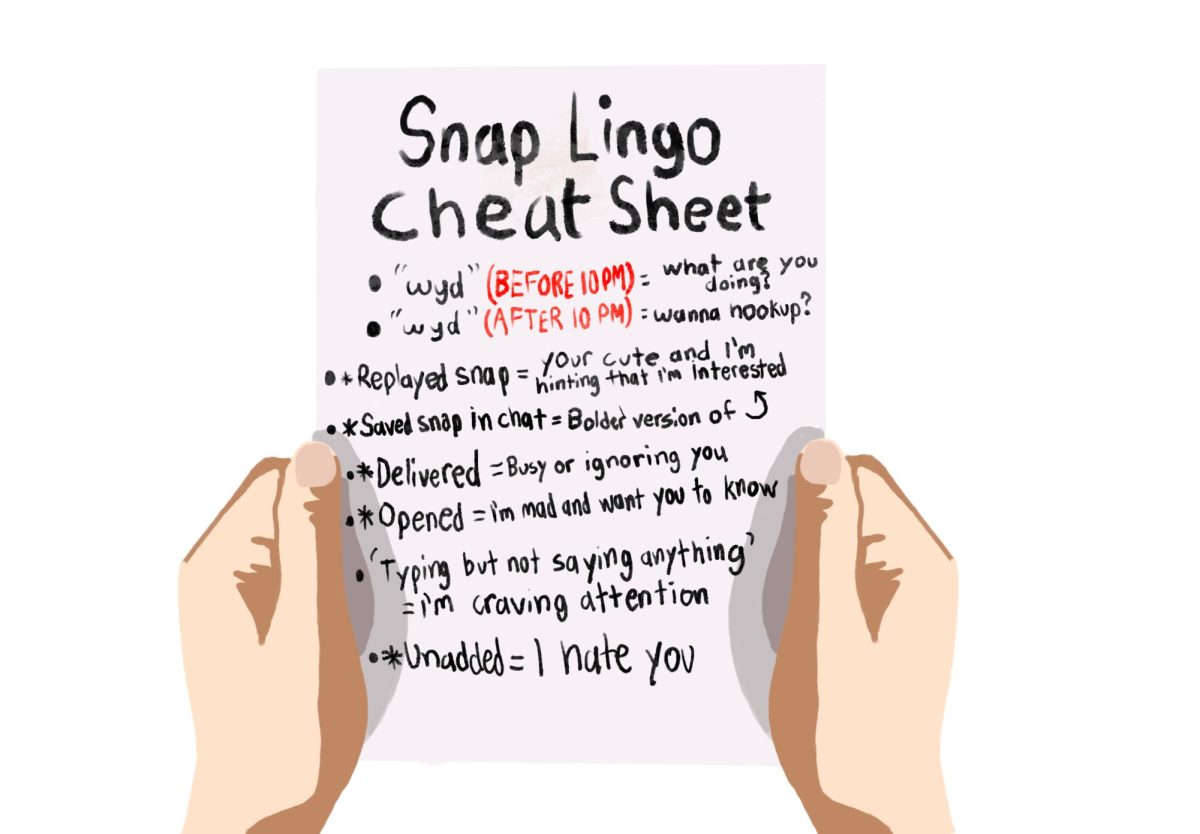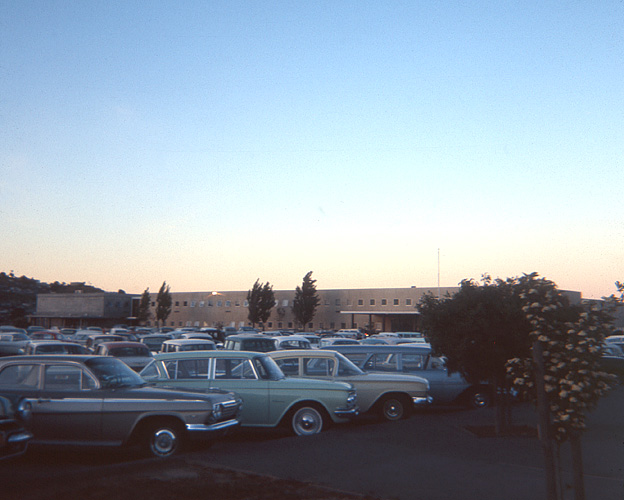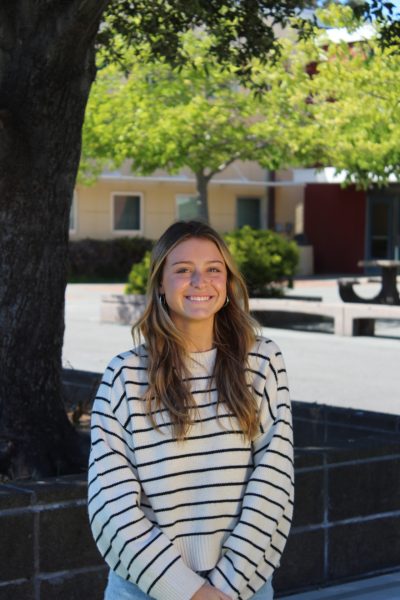Case Study
Women’s rights have been discussed, argued and fought for since females found their voices and used them in a male-dominated world. The range of women and human rights is complex and extends beyond the ability to vote or work. Within the battle for equality lies many controversial decisions, laws and overall opinions that dictate what certain people and groups can or cannot do. Alongside all of this, uncertainty can also come with the human characteristic of making mistakes. Accidents are bound to happen, but it’s not every day that an accident gets spun into a case of murder.

According to Johns Hopkins University, a hospital patient entered the fertility clinic’s cryo-preservation unit in December 2020. The patient then opened a tank where frozen embryos were stored at sub-freezing temperatures. The patient burned himself from the temperatures and dropped the embryos, destroying them.
The couple whose embryos were being preserved took this situation to court, filing for the Wrongful Death of a Minor Act, a law in Alabama sorted under Chapter Five: Actions. Initially, the trial judge asserted that an embryo isn’t considered to be living and that the couple couldn’t bring the situation under the Wrongful Death of a Minor Act because nothing living had died. Disappointed in the outcome, the couple then appealed the decision and took the case to the Alabama Supreme Court, hoping to bring justice to a non-living entity. Alabama’s Supreme Court claimed that the Wrongful Death of a Minor Act does apply to this case and established that in vitro embryos are considered to be living people.

According to Dr. Joshua Sharfstein of Johns Hopkins University, there is a small possibility that frozen embryos will be damaged or destroyed when being thawed and prepared, making them unable to be transferred successfully. Sharfstein states that “even fresh embryos may be damaged and [unable] to be transferred. Therefore, there was real concern about the legal consequences given that these [in vitro] embryos have been declared persons under the law in Alabama.”
During the week following the ruling, two of the eight fertility clinics in Alabama stopped their in vitro fertilization (IVF) treatments. Patients awaiting the final step of their IVF treatments had their appointments canceled. Anti-abortion groups in Alabama applauded the Supreme Court’s decision. In contrast, those in support of abortion and IVF were disappointed in the ruling.
According to Associated Press News, Karine Jean-Pierre, White House press secretary, said the Alabama decision reflects the effects of the Supreme Court overturning Roe v. Wade and that Republican elected officials not giving access to reproductive and emergency care to women are to blame.
Wendy Kramer, Co-Founder and Director of the Donor Sibling Registry, also held a similar view on this subject.
“We progressed, we evolved, we’re more enlightened; there’s more science and we’re still going in the right direction, and now all of a sudden, there’s been a halt and a reversal,” Kramer said. “[There’s probably] 100 different scenarios stemming out of the Alabama law that were scary to medical professionals, to parents or to everybody in that world. [It’s terrifying for] embryologists to think, if you trip and drop an embryo, you could be charged with murder.”
The Importance of IVF
The Donor Sibling Registry (DSR) was created in the year 2000 by Kramer and her donor-conceived son, Ryan. Her website sheds light on more than just the process of being conceived by an egg, sperm or embryo donor, but life for the child as well. It connects these individuals with others with the same genetic ties.
“The whole [fertility] industry is focused on achieving pregnancy. A large percentage of their goal is to help people get pregnant. But what they don’t look at is what happens after pregnancy,” Kramer said. “The reproductive medicine industry has always been about rights. It’s about the rights of the parents to get pregnant and have a baby. It’s about the rights of the donors to be anonymous. But nowhere in that conversation has ever been about the rights of the very children they’re creating.”
Kramer’s unique story led to the creation of her website. Her son, Ryan, was conceived through a sperm donor, and during his childhood was never denied the truth of who his father was. At only six years old, Ryan was already curious about his background and family. However, the sperm bank made it difficult for Ryan to find any information about his donor.
“Ryan struggled. He was very curious and sometimes angry at the sperm bank. It is not for having the policies it had but because they make no sense. Why keep human beings from their close genetic relatives for the first 18 years of life? It makes no sense in any culture at any point in time. The whole world knows that it’s complete bullshit, but that’s the way they can make the most money,” Kramer said.
By knowing the truth, Ryan was happy to learn more about his sperm donor and felt less disconnected from his family and origin. Kramer mentioned why she chose to be honest with Ryan.
“The [IVF] kids who seem to struggle most are the ones who don’t have parental support. Their parents won’t talk about it and they negate it by saying, ‘Those people aren’t your family, we’re your family.’” Kramer said.
At just fifteen years old, Ryan found his sperm donor, Lance.
“[Ryan] was the very first donor-conceived person to find their biological father via a commercial DNA test. When [Ryan] met his biological father, it was a life-changing event. He kept looking at me like a deer in headlights, in shock, going, ‘I know who my donor is’ or ‘I know who my biological father is,’” Kramer said.
Through her website, Ryan has grown a group of children who share Lance as their biological father. The group has just reached 30 half-siblings who can connect and bond over familiarity with being a child of the same sperm donor. He had the privilege to meet a large number of his half-siblings.
“[Ryan] was just sitting there thinking about it, and he goes, ‘Mom, if I never see those people again, I’ll be fine because I know where I come from,’” Kramer said.
Support

After the recent court order in Alabama deciding the embryos are, in fact, alive, fear is rising regarding the future of reproductive rights. According to NBC News, California’s Governor, Gavin Newsom, voiced that Alabama’s Supreme Court decision is “not just a travel war. It’s not just a war on reproductive health care. It’s also a war on women more broadly defined.” This statement can cause fear among women that their right to have or not have a child is at the expense of the people in power. Still, it spreads awareness concerning how easily women’s rights can be taken away.
6 percent of students are IVF babies, and an additional 31 percent don’t know if they are, according to the March 2024 Bark survey. This uncertainty is a reality for several Redwood students and children around the world. These potential IVF babies might not be able to connect with their donor or half-siblings, which could leave them feeling hopeless or alone when it comes to finding their origin; one of the main reasons Kramer founded the DSR.
Finding support in groups and communities for confusion and specific fertility-related questions in a non-argumentative way can be difficult. Living in the U.S., a country where rights and laws vary from state to state, makes this even more challenging. Support groups can be found in a multitude of areas all across the country.

